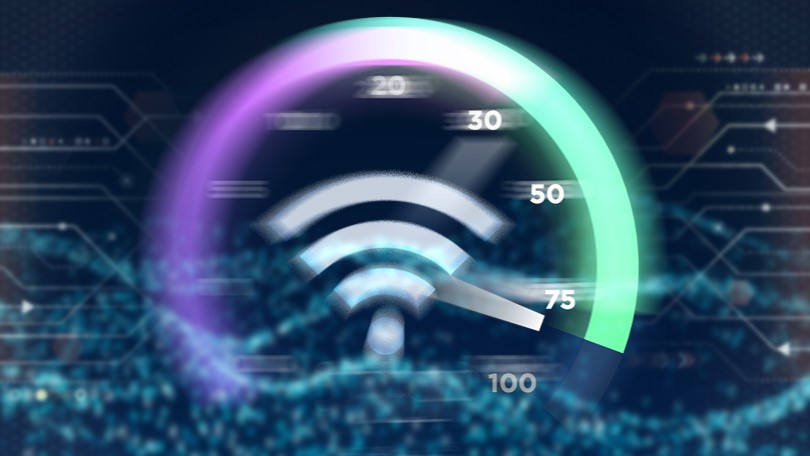How to Increase Your Internet Speed Right Now?

Internet speed refers to how much and how quickly information and data can be transferred over the web on a certain connection. It is important because it determines the kind of activities a user can do on the internet as well as how many devices can be connected to it.
In other words, your web activities depend on the speed of your internet. Imagine playing an online game and losing only because your internet suffered a lag or watching a suspense movie and the internet getting stuck right before the climax.
Frustrating, isn’t it? To prevent such situations, it’s firstly important to use reliable internet connections such as those offered by Cox internet packages and other reputable companies.
But low internet speed doesn’t have everything to do with your internet service provider. There are lots of things that could be contributing to a poor internet speed. To deal with such situations, you need to be aware of the tips and tricks you can employ to speed up or repair a slow internet connection. Let’s have a look at some of them.
1. Turn Things on and off Again
All things need a break once in a while. This is especially true for your router and modem. So, turn them off for a bit. Also, do the same with other devices that you’ve connected to Wi-Fi.
Your modem is responsible for transferring internet signals between your ISP and home network. So, if your connection isn’t working properly, resetting your modem would be a good point to start troubleshooting.
At times you may even need to call your internet provider to get guidance and ensure the modem is properly calibrated to be compatible with the ISP’s signals.
2. Use an Ethernet Connection
While wireless connections may be convenient, they are generally not fast. Wired connections such as Ethernet are faster and more reliable; its speed has the potential to reach 1GB per second.
So, if you’re having no luck with Wi-Fi, you can plug your Ethernet cable into your laptop and enjoy a better connection instantly. Moreover, Ethernet is more secure than a wireless connection and your best bet when consuming heavy data on gaming consoles, TV, and PC.
3. Check for Bandwidth Hogs & Remove Background Programs
If your internet connection is working fine on one device but bogging down on the other, it means the problem is with that device, not the router. In such a scenario, you should check which programs are draining more bandwidth, and once you’ve identified them, either close them or pause the activity.
However, this is only a temporary solution as the programs would automatically start again after the next boot. A viable long-term solution for your computer’s bandwidth hogs is ‘Sleep Mode.’
It detects bandwidth draining programs and freezes their activity when they are not being used. This means that only those programs that are actively in use would drain your CPU, hard disk, RAM, and internet connection. This saves your computer resources resulting in faster internet speed.
4. Scan Your System for Viruses
With the cyber landscape falling victim to many illicit businesses and activities, the need for scanning your system has also increased. Other than security, malware and viruses are also responsible for high bandwidth usage.
So, to keep your connection functioning at its best, have a good scanner installed in your system and run it frequently. In case the scanner reports a virus, remove it instantly or have a computer technician do it for you.
5. Check the Length of Your Cable
Cables may be the fastest and most reliable way to connect your PC to the router but if you’re an Ethernet user make sure your cable is not very long.
Long may be convenient since it allows you to move around with the portable device but then you’d lose internet speed every time your cable bends irregularly or has kinks.
So, if it’s doable, switch to a shorter cable and you’ll notice the improvement in your connection speed right away.
6. Clear Cache and Cookies
The data of the websites you visit is stored by your internet browser in the form of cache and cookies.
When the cache and cookies fill up, they start affecting the speed of your internet. So, remember to clear your cache and cookies; you can do it manually or simply install a plugin to have it done automatically.




